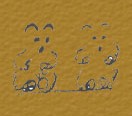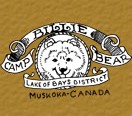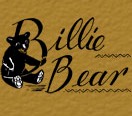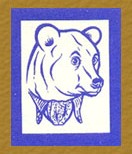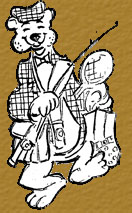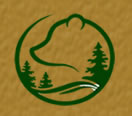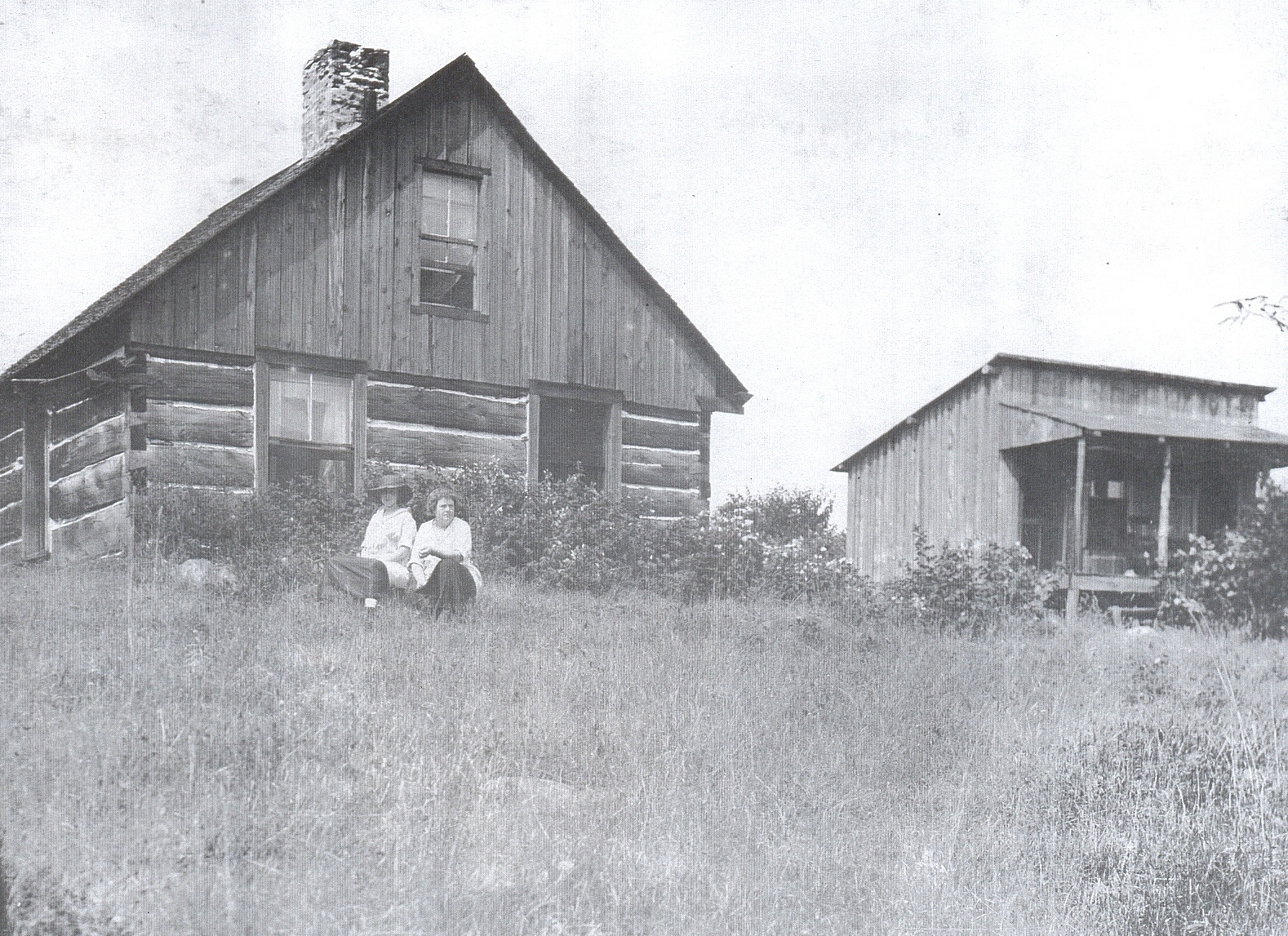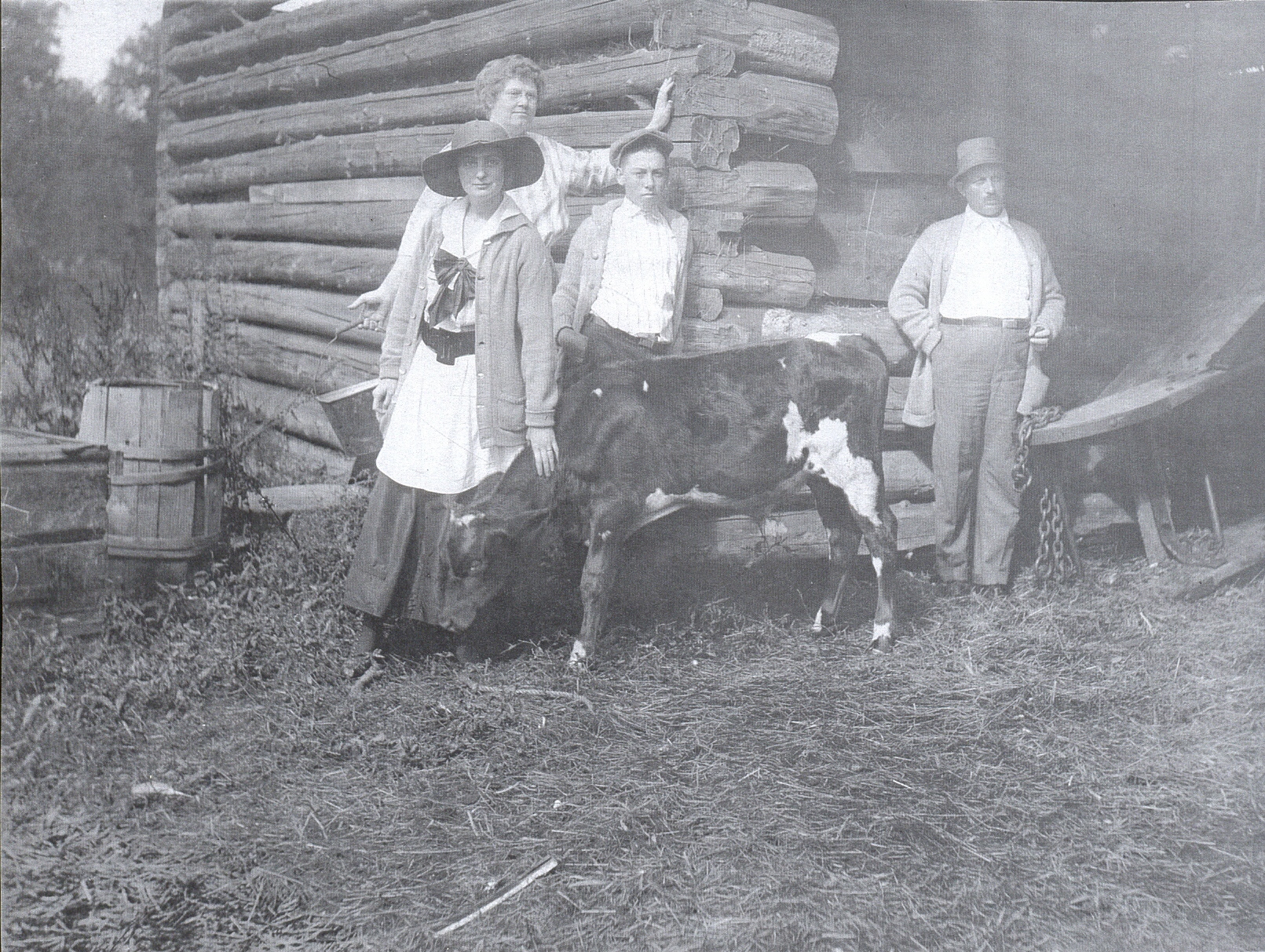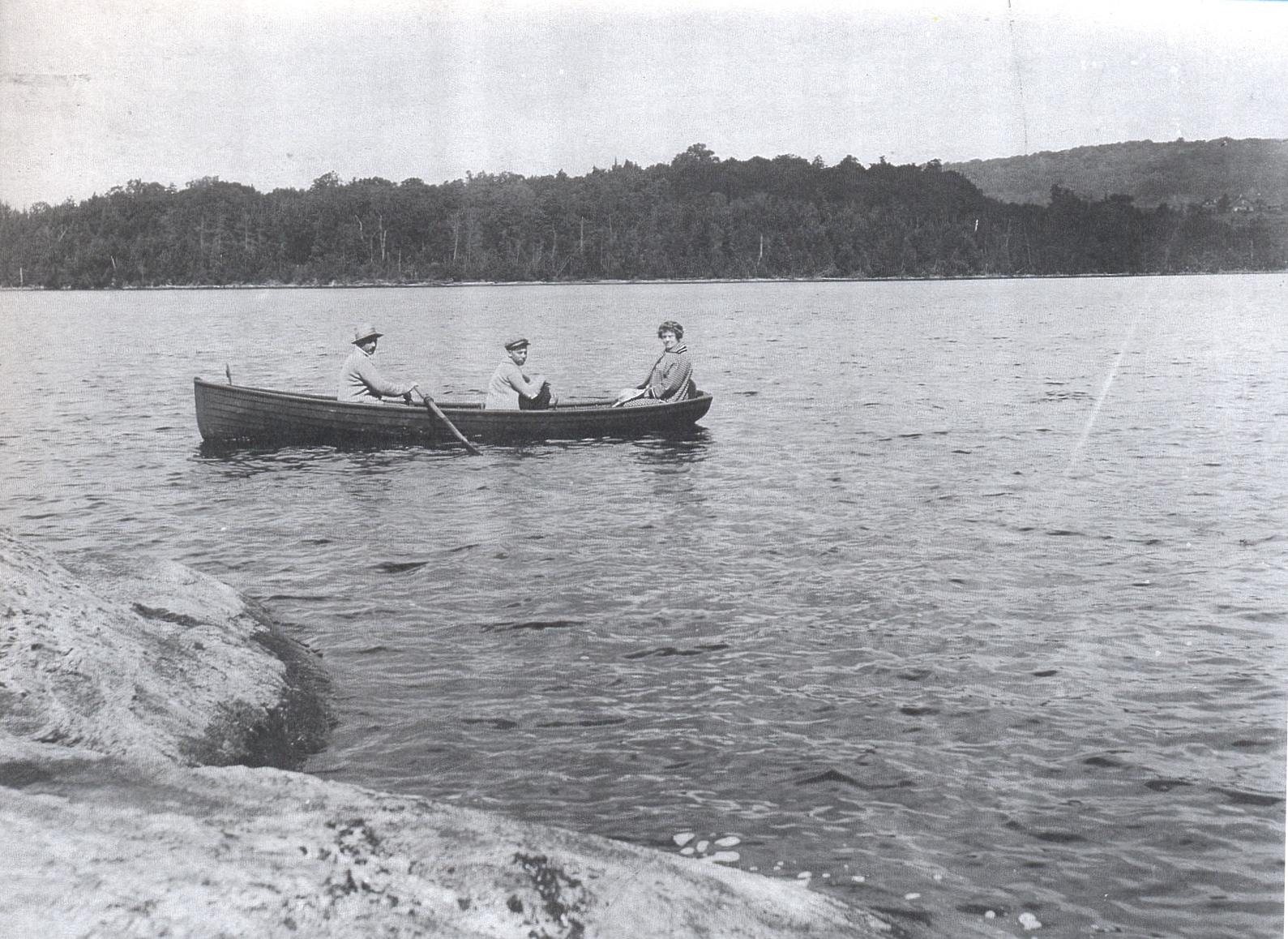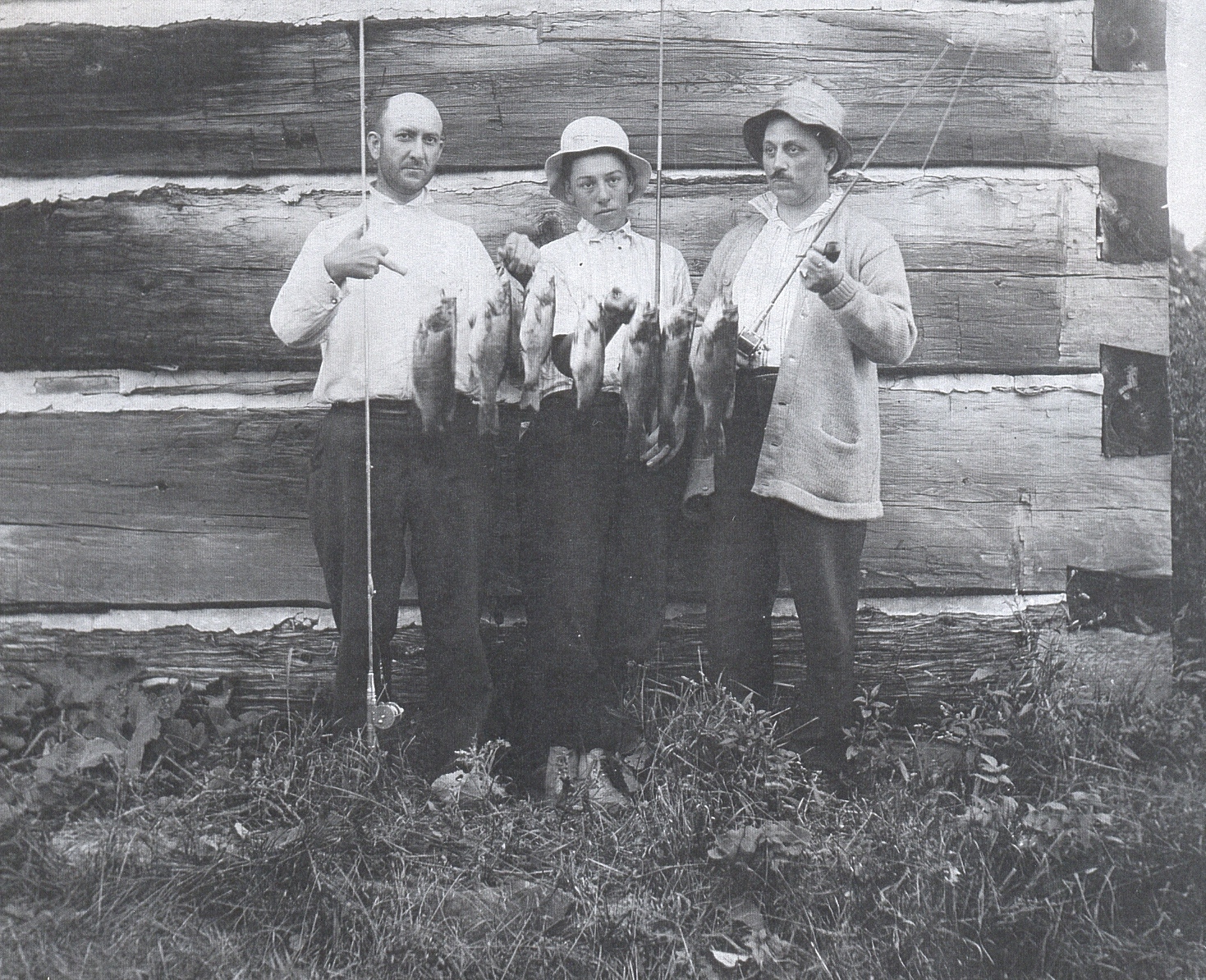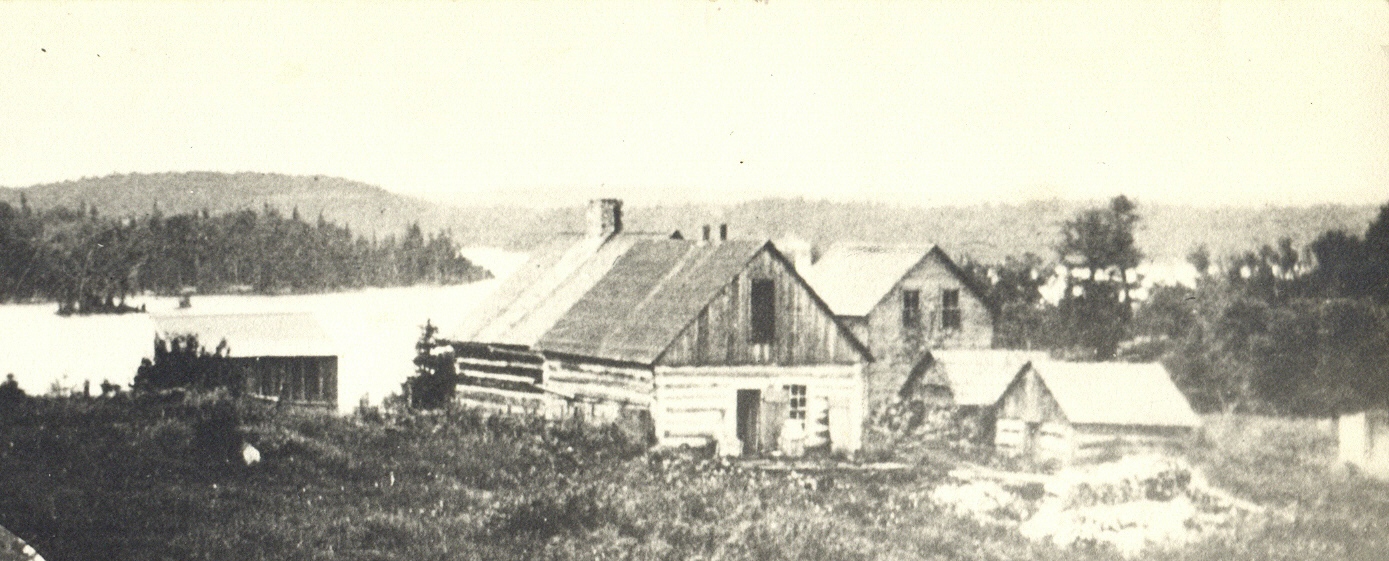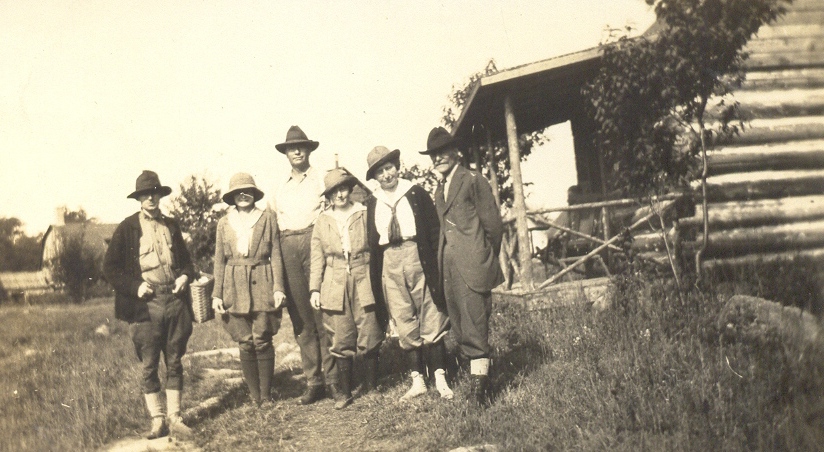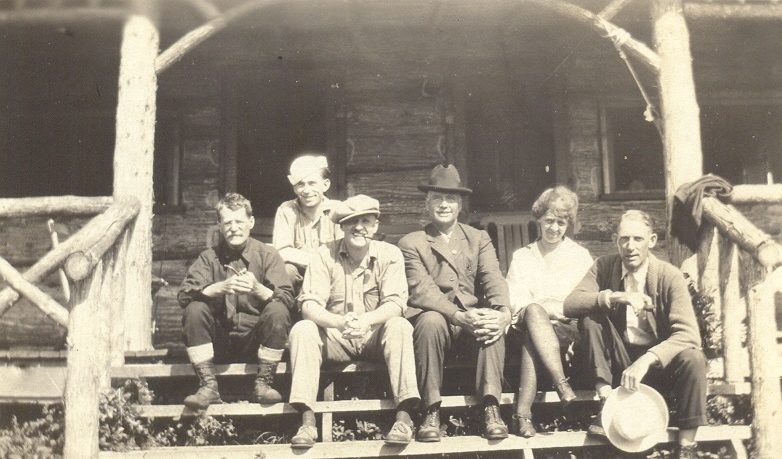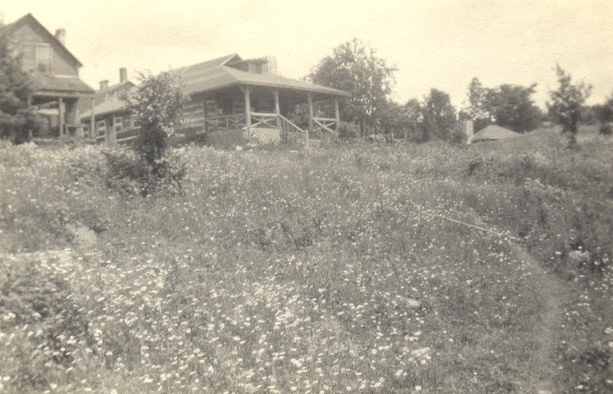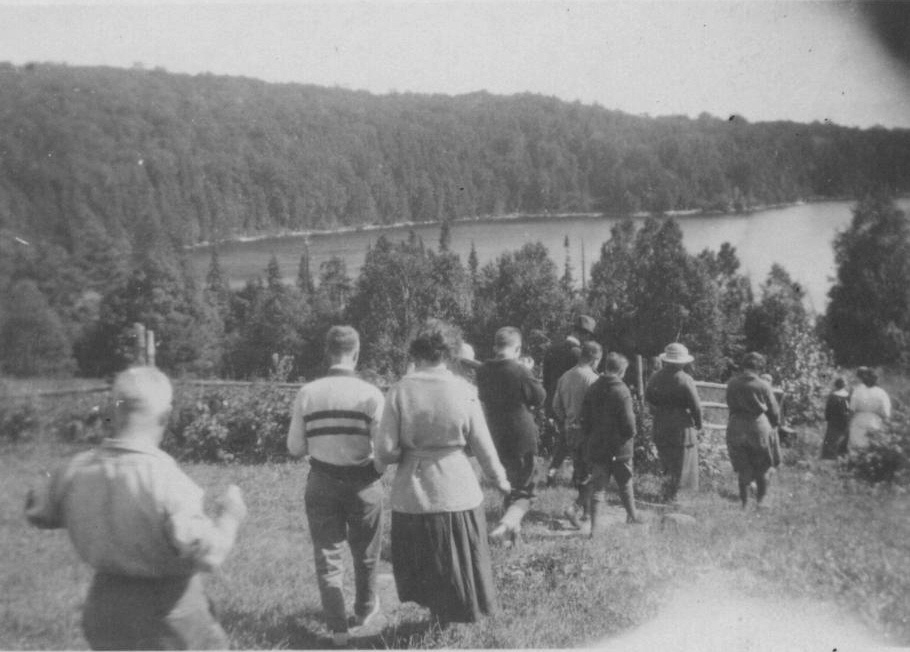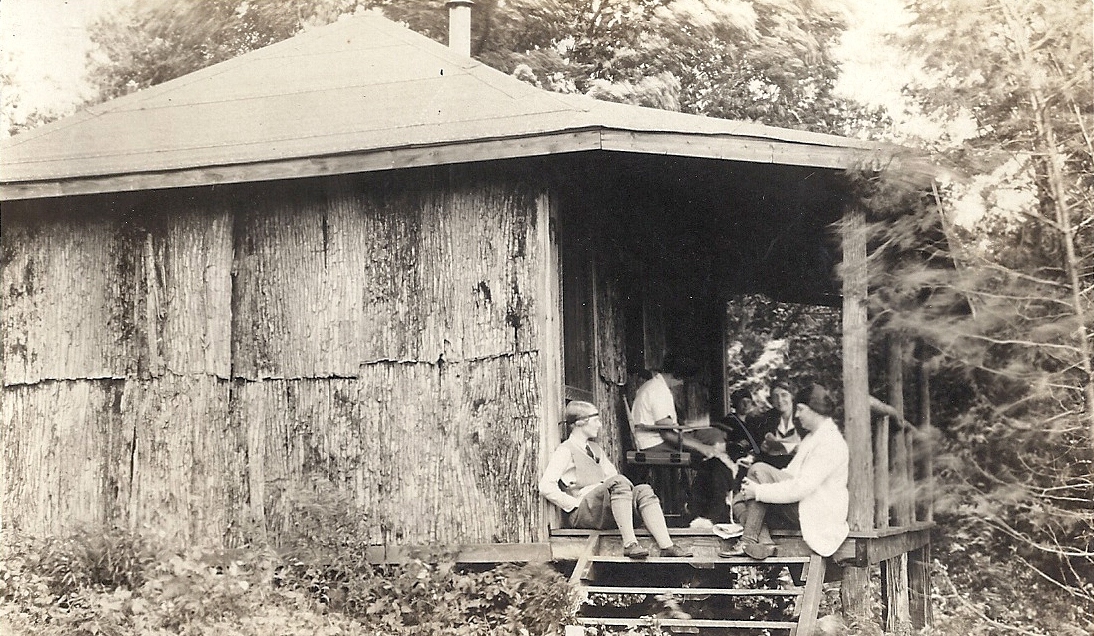“Very much in the wilds”
|
|||||
“ONE OBSERVATION that can be made with confidence is that middle-class people, by the latter decades of the nineteenth century, were increasingly anxious to identify themselves as the class most needful and deserving of holidays and best able to make most use of them. A yearly holiday was part of the pattern of consumption to which they laid claim. It was their reward for coping with the stressful world of business and social obligation, the one sure cure for ‘brain fag’ to which they were all entitled.”
|
|||||
|
|||||
“CAMP BILLIE BEAR is reached by the Grand Trunk Railway and is situated on Bella Lake, eighteen miles from Huntsville, or nine miles from Grassmere wharf of Lake of Bays Navigation Company. Bella Lake is about three miles long and one mile wide and connects with Rebecca Lake which is about the same size. Both of these lakes are noted for the fine salmon trout fishing they furnish. There is a small lake within fifteen minutes’ walk of camp where a sportsman can have splendid bass fishing. Good home cooking, fresh vegetables, milk, cream and eggs from my own farm. Camp Billie Bear is out of the beaten path and for the man or woman who cares for the open[,] a good all around lazy time and good fishing rather than style[,] they will find it at this camp. In season there is splendid deer and partridge shooting.”
|
|||||
|
|||||
A VACATION in the wilderness, a chance to renew one’s spirit and health by roughing it in pure air and a natural environment, became a popular fashion for the upper and middle classes in the late nineteenth century, as a respite from the dirt, heat, and stress of cities that had become increasingly industrial and commercial. American tourists, in particular, some certainly inspired by Henry David Thoreau’s Walden, were eager for an annual trek “back to nature” and to simple living. The settlers and hotel owners who catered to vacationing city-dwellers offered a wilderness experience tempered with comfort – providing excellent meals, an opportunity for leisure, excursions as the guests desired, and a range of accommodation from the more elegant to the decidedly rustic. Summer visitors came later to the Lake of Bays and Huntsville areas than they had to the lakes of the southern part of Muskoka District. By the turn of the century, northern lakes served by the Huntsville and Lake of Bays Navigation Company offered a variety of modest tourist homes, and in 1908 two well-appointed hotels opened on Lake of Bays – the Britannia and the Wawa. The “Lake of Bays District” quickly gained a reputation for particular beauty and serenity. By the 1920s, it boasted a variety of well-established hotels (including the elegant Bigwin Hotel on Lake of Bays) and tourist houses, many developing, as had Camp Billie Bear, on tracts of land originally granted to settlers. Among these were Deerhurst (1896) and Grandview (1911) on Peninsula Lake. Limberlost Lodge, whose owners Gordon and Marion Hill later successfully marketed winter vacations, opened on isolated Solitaire Lake in 1921, as motor cars were beginning to become a viable means of travel. |
|||||
|
|||||
The reputation of Bella and Rebecca Lakes for excellent trout fishing and the lure of adventure in a remote location gave Camp Billie Bear an early niche in this growing tourism. From a fish and hunt camp operating informally since before 1906, with accommodation for about half a dozen people, by 1926 Camp Billie Bear had grown to be listed in Huntsville’s Old Home Week Souvenir among 51 “Leading Tourist Houses in Lake of Bays District,” with a capacity of 50 guests. “NO, I DO NOT mean to say that we have discovered the ideal summer resort for the man who wishes to wear his dress suit every evening of the summer, or for the woman who desires to employ her vacation in high-society excitements, or for the children who wish to live on merry-go-rounds, toboggan slides and popcorn and soda water. But, if you are after a sweet, delicious rest, where the cool breezes blow the purest air the Almighty has thus far manufactured; where groves of spice balsams lift their graceful minarets against the sky; where the old Laurentian Rock, oldest of this earth’s formations, juts its bald head occasionally above the clearing; where the timbered slopes run toward the waters too rapidly for the accumulation of swamps; where the sandy beach gently feels its way into the soft, clear water… where there are no nerves and no worry – if this is the summer resort you crave, get aboard the Pennsylvania, or the Pittsburg [sic] and Lake Erie, or the Buffalo, Rochester and Pittsburg, pass through Buffalo, Toronto and Gravenhurst and get off at Huntsville and take a boat through the end of Vernon Lake, and through Fairy and Peninsular Lake, and board a little train across to the Lake of Bays.”
|
|||||
|
|||||
“YOU HAVE EARNED a change ... a rest! You and the family want to get to the North Woods, for the fresh, natural roughing-it. So you and the family can all have fun. You want a real vacation ... but you want the comforts!”
|
|||||
Sources |
|||||
Barrett, Peter, “Muskoka Tourism,” Huntsville Public Library, file Tourism – Muskoka (District Municipality), summer 1984. Billie Bear Documents Archive, letter from J. P. Pulsifer to Louise M. Bosworth, September 26, 1916; “Leading Tourist Houses in Lake of Bays District,” 1926; Billie Bear brochures, 1915-1916, 1960s. Boyer, Barbaranne, Muskoka’s Grand Hotels (Erin, ON: Boston Mills Press, 1987). Huntsville Forester, “Lake of Bays,” July 5, 1906, p. 6; “Many Tourists in Lake of Bays District This Year,” July 26, 1923, p. 8. Jasen, Patricia, Wild Things: Nature, Culture, and Tourism in Ontario, 1790-1914 (Toronto: University of Toronto Press, 1995). “Lake of Bays, Highlands of Ontario” (pamphlet, Grand Trunk Railway System, [1915?] https://archive.org/details/lakeofbayshighla00gran/mode/2up Shiflett, Geoffrey, “The Evolving Muskoka Vacation Experience, 1860-1945” (PhD thesis, Department of Geography, University of Waterloo, 2012), http://hdl.handle.net/10012/6916
|

